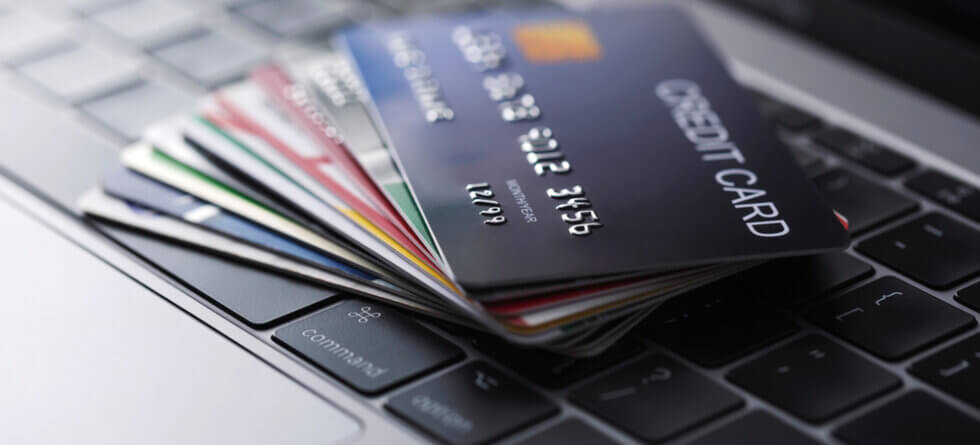Yes, it is advisable to keep credit card receipts for your business for a variety of reasons, particularly for record-keeping, tax compliance, and audit purposes. Here’s why retaining credit card receipts is important:
- Record-Keeping:
- Credit card receipts serve as essential records of your business expenses. They provide details about the date of the transaction, the amount spent, and the items or services purchased. Maintaining organized records helps in tracking and managing your business finances effectively.
- Tax Deductions:
- When preparing your business tax return, you may be eligible to claim deductions for certain business expenses. Credit card receipts serve as evidence to support these deductions. Without proper documentation, it may be challenging to substantiate your claims in the event of an audit.
- Audit Trails:
- In the event of an audit by tax authorities or for internal purposes, having a clear and complete audit trail is crucial. Credit card receipts provide a detailed history of your business transactions, demonstrating the legitimacy of expenses.
- Reconciliation:
- Reconciling credit card statements with your business records is essential for accuracy. Credit card receipts help ensure that all transactions are properly accounted for, reducing the risk of errors and discrepancies.
- Expense Verification:
- Credit card receipts can serve as a verification tool for business expenses. They provide a detailed breakdown of each transaction, making it easier to identify and categorize expenditures.
- Vendor Communication:
- In some cases, credit card receipts may include contact information for vendors. This can be useful for communication purposes, especially if you need to address discrepancies, request additional information, or manage vendor relationships.
Tips for Managing Credit Card Receipts:
- Organize Receipts:
- Develop a system for organizing and storing credit card receipts. This can be physical filing systems or digital solutions, such as scanning and storing receipts electronically.
- Digital Receipts:
- Many businesses now receive digital receipts via email or through apps. Consider using digital storage solutions to keep track of electronic receipts, ensuring they are easily accessible when needed.
- Expense Tracking Software:
- Utilize expense-tracking software or accounting tools that allow you to upload and categorize credit card receipts. This can streamline the record-keeping process.
- Regular Reconciliation:
- Regularly reconcile your credit card statements with your records to identify any discrepancies. This proactive approach can help address issues promptly.
- Secure Storage:
- Ensure that your chosen storage method, whether physical or digital, is secure and protected against unauthorized access. This is especially important considering the sensitive financial information contained in credit card receipts.
By maintaining a systematic approach to credit card receipt management, you can enhance your financial organization, facilitate tax compliance, and be better prepared for any auditing requirements that may arise.




